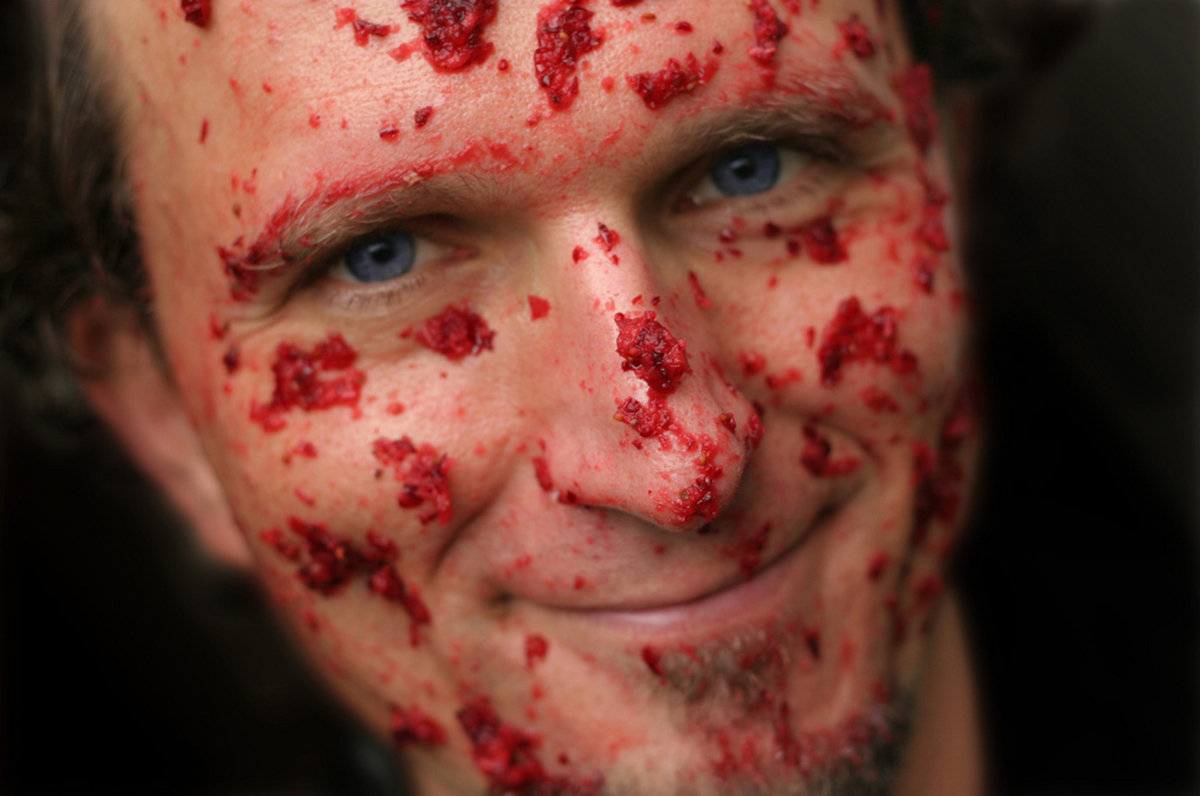Table of Contents
Think of it like heat: your body works hard to stay at the same temperature all the time, and however hot or cold you feel, there's usually only a tiny difference in your actual temperature. Burns can kill, but that doesn't mean people should be kept as cold as possible. In the same way, oxygen molecules can cause potentially fatal damage, but that doesn't mean oxygen or oxygen molecules are bad for you.

Now we've figured out what antioxidants actually do in general, what can we say about our consumption of them?
Antioxidants have been studied for their contribution to defending people against heart disease and other cardiovascular problems. With the demise of the lipid hypothesis as a plausible explanation for heart and cardiovascular problems, medical researchers have increasingly looked to oxidative stress as a potential explanation. It's been proposed as a possible reason for a range of illnesses from heart disease to Alzheimer's. The jury is till out on some of these, but in general it's agreed that oxidative stress is a prime cause of tissue damage.
Can you just take a Vitamin C supplement?
Well, you can, but it isn't very effective. It's better than nothing, and the amount needed to prevent the symptoms of scurvy is very low - 10mg a day will do it, even though it's way below the recommended daily allowance. But there are other types of oxidation reaction in the body that Vitamin C doesn't help with.
You also need to be on top of your Vitamin E, Glucathione, carotenes (Vitamin A precursors with their own antioxidant actions) and coenzyme Q. And that's a lot of supplements.
There's also a couple of newly discovered classes of antioxidants. For instance, flavonoids, including anthocyanins, make contributions to protecting specific tissues including the linings of the cardiovascular system and the brain, as well as having specific actions against certain reactive oxygen species in the body. However, in the words of Mary Ann Lila at the Department of Natural Resources and Environmental Sciences at the University of Illinois, 'Anthocyanins frequently interact with other phytochemicals to potentiate biological effects, thus contributions from individual components are difficult to decipher.' Specific effects from individual anthocyanins have been traced but more often than not, as Lila says, it's a complex interaction that hasn't been fully explored. In fact, then, we have to admit that the answer to the question we started this article with, 'what is an antioxidant?' is actually uncertain again in some ways!
One thing that we can say with some certainty is that antioxidants work best when they come from natural sources.
See Also: Vitamin C Supplements Compared
Most fruit and vegetables, and most meats, especially organ meats, make antioxidant contributions to the diet. So rather than focus on just one antioxidant, or think about some 'superfood' that's touted as the solution to all your ills, you might want to look instead at your diet as a whole. Fresh meat, organ meat and fruit and vegetables are the key to eating enough antioxidants to reduce oxidative stress, and that's a question of your whole diet, not just one substance taken as a supplement.
- Photo courtesy of Keith Williamson via Flickr: www.flickr.com/photos/elwillo/6770150953
- Photo courtesy of SuperFantastic via Flickr: www.flickr.com/photos/superfantastic/2282454132


Your thoughts on this